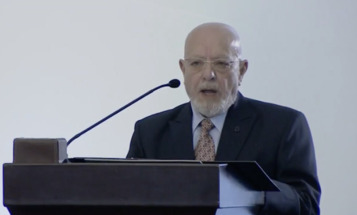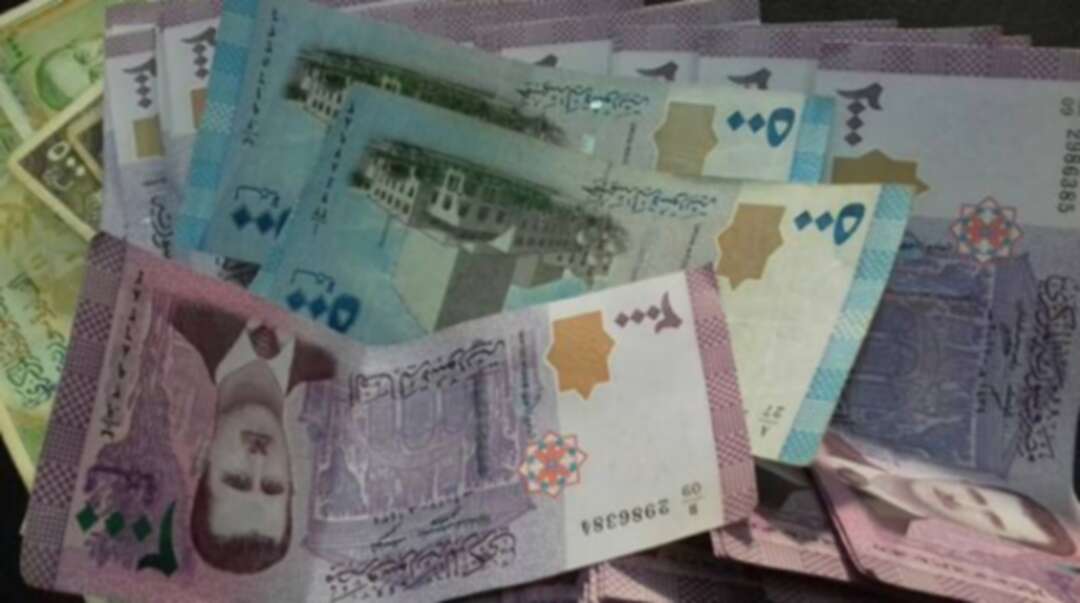-
Revolutionary stem cell treatment promises cure for Type 1 diabetes patients
-
This discovery opens the door wide to new possibilities in regenerative medicine, which could change the face of healthcare in the near future and reshape our understanding of how to treat intractable

The announcement of a successful innovative treatment using stem cells for a Chinese woman with Type 1 diabetes has sparked a wave of hope and optimism among millions of patients worldwide. This pioneering medical discovery, revealed by the British newspaper "Daily Mail," paves the way for a definitive treatment for one of the most widespread and challenging chronic diseases.
The new technique revolves around reshaping cells extracted from the patient's own body, where they were transformed into specialized stem cells. These cells were later used to grow clusters of "islets," hormone-producing cells in the pancreas and liver that play a vital role in regulating blood sugar levels. Researchers reported that the 25-year-old patient, residing in Tianjin, successfully produced self-insulin efficiently for over a year.
Commenting on this development, Dr. Amani Kamal Abdel Hamid, Professor of Endocrinology and Diabetes and Head of the Endocrinology and Diabetes Unit at Mansoura University Children's Hospital, in an exclusive interview with "Al Arabiya.net" and "Al Hadath.net," explained that this treatment, if proven effective, will have a profound impact on millions of patients in Egypt and worldwide.
She added that stem cell therapy has been the focus of medical research for a while, pointing to the need for more extensive trials to confirm its effectiveness.
Dr. Amani emphasized that if the experiment succeeds scientifically and is applied to a large number of patients, it will cause a radical shift in the field of diabetes treatment. However, she cautioned that other factors such as treatment cost and patients' ability to afford it compared to traditional medications must be taken into consideration.
She explained that stem cell therapy relies on mutated cells that mimic the function of insulin-producing cells in the body, leading to stable insulin secretion. She concluded by saying that the success of this technique would be a great achievement benefiting millions of patients in Egypt and around the world.
This discovery opens new horizons in the field of regenerative medicine and promises the possibility of overcoming one of the most widespread chronic diseases. However, challenges remain regarding treatment cost and the possibility of widespread implementation, which calls for more research and development in this promising field.
Levant-Agencies
You May Also Like
Popular Posts
Caricature
BENEFIT Sponsors BuildHer...
- April 23, 2025
BENEFIT, the Kingdom’s innovator and leading company in Fintech and electronic financial transactions service, has sponsored the BuildHer CityHack 2025 Hackathon, a two-day event spearheaded by the College of Engineering and Technology at the Royal University for Women (RUW).
Aimed at secondary school students, the event brought together a distinguished group of academic professionals and technology experts to mentor and inspire young participants.
More than 100 high school students from across the Kingdom of Bahrain took part in the hackathon, which featured an intensive programme of training workshops and hands-on sessions. These activities were tailored to enhance participants’ critical thinking, collaborative problem-solving, and team-building capabilities, while also encouraging the development of practical and sustainable solutions to contemporary challenges using modern technological tools.
BENEFIT’s Chief Executive Mr. Abdulwahed AlJanahi, commented: “Our support for this educational hackathon reflects our long-term strategic vision to nurture the talents of emerging national youth and empower the next generation of accomplished female leaders in technology. By fostering creativity and innovation, we aim to contribute meaningfully to Bahrain’s comprehensive development goals and align with the aspirations outlined in the Kingdom’s Vision 2030—an ambition in which BENEFIT plays a central role.”
Professor Riyadh Yousif Hamzah, President of the Royal University for Women, commented: “This initiative reflects our commitment to advancing women in STEM fields. We're cultivating a generation of creative, solution-driven female leaders who will drive national development. Our partnership with BENEFIT exemplifies the powerful synergy between academia and private sector in supporting educational innovation.”
Hanan Abdulla Hasan, Senior Manager, PR & Communication at BENEFIT, said: “We are honoured to collaborate with RUW in supporting this remarkable technology-focused event. It highlights our commitment to social responsibility, and our ongoing efforts to enhance the digital and innovation capabilities of young Bahraini women and foster their ability to harness technological tools in the service of a smarter, more sustainable future.”
For his part, Dr. Humam ElAgha, Acting Dean of the College of Engineering and Technology at the University, said: “BuildHer CityHack 2025 embodies our hands-on approach to education. By tackling real-world problems through creative thinking and sustainable solutions, we're preparing women to thrive in the knowledge economy – a cornerstone of the University's vision.”
opinion
Report
ads
Newsletter
Subscribe to our mailing list to get the new updates!






















